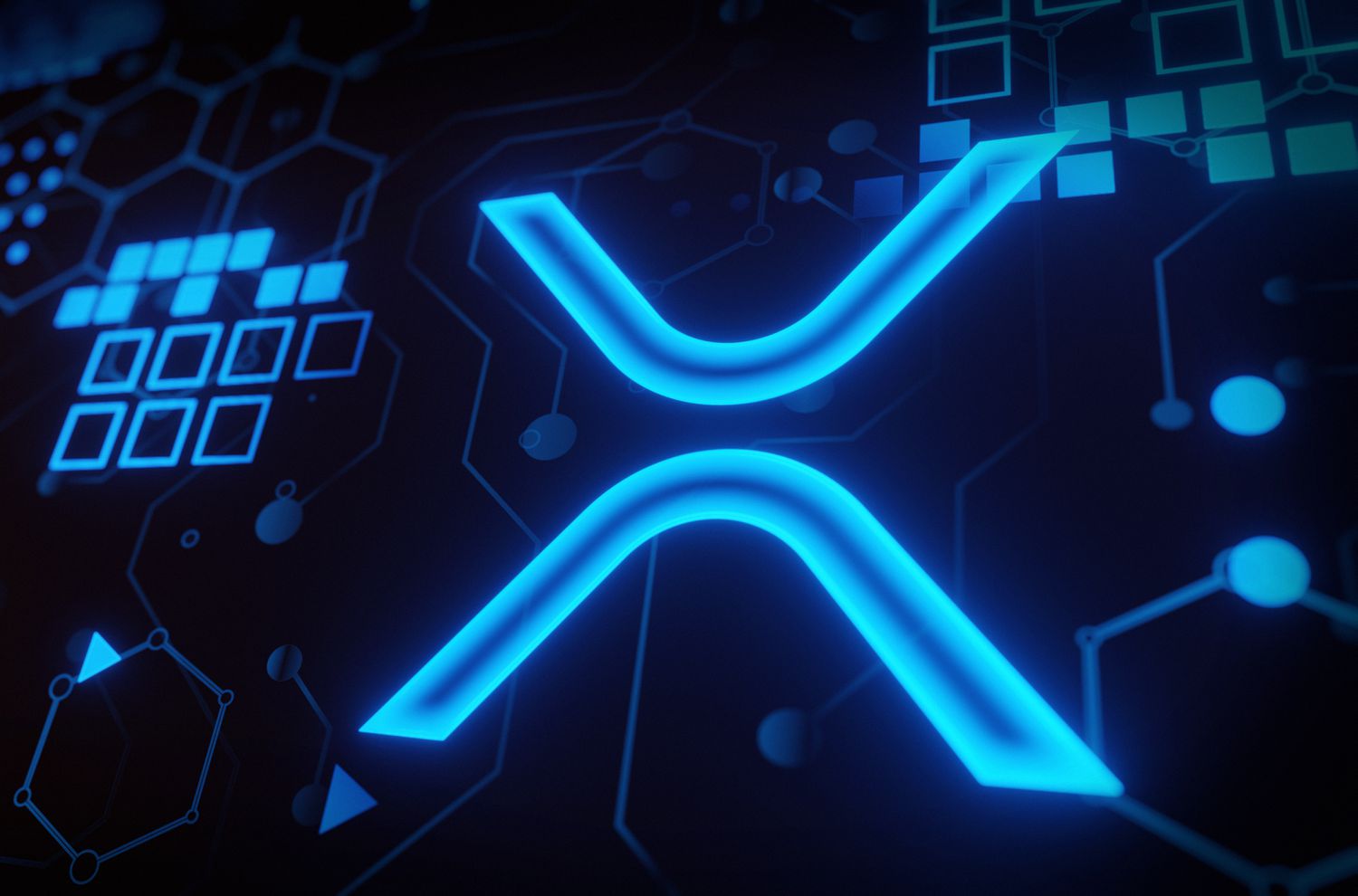
Ripple recently amended its XRP Ledger in the face of its ongoing legal battle with the US Securities and Exchange Commission (SEC). As to what to expect, Ripple’s Chief Technology Officer David Schwartz has given the XRP community insights on what will be included in this latest rippled version.
Decentralized Identity On The XRP Ledger
Schwartz has revealed that the latest XRP Ledger version will include Decentralized Identity (DID) solutions. He made this revelation during the 2023 Apex XRPL developer summit, an annual event where stakeholders in the industry come to celebrate and discuss everything XRPL-related.
This DID feature on the XRPL will give users more control over their digital identities as a centralized institution will no longer control them. Furthermore, these DID solutions are made possible with the help of public blockchains like the XRP Ledger, as these blockchain networks enable privacy and self-ownership.
Such an update will undoubtedly increase the use case of Ripple’s ecosystem. Last year, South Korea announced plans to implement a blockchain-powered digital identity for its citizens.
With such a move, we could see countries follow in South Korea’s footsteps and possibly adopt the Ledger as the blockchain to help create digital IDs for its citizens.
Token price drops to $0.47 | Source: XRPUSDT on Tradingview.com
Schwartz “Favorite” Update
Another notable update on the latest rippled version is the introduction of a novel Automated Market Maker (AMM) mechanism on the blockchain. Schwartz has tagged this as one of his “favorite XRPL features ever.”
Voting for this particular amendment began on September 7 (around the time of the summit), and if passed by validators, the feature will then be implemented on the XRPL mainnet. This AMM design (also known as the XLS-30) is the “first” of its kind and built as a native protocol, according to Ripple’s developers.
This will facilitate a seamless trading experience for traders on the network as they can trade against automated liquidity pools rather than relying on the traditional order book.
The AMM design notably introduces a “novel Continuous Auction Mechanism.” This is expected to reduce the effects of impermanent loss suffered by liquidity providers (LPs) as arbitrageurs will likely bid for mispriced opportunities, which would provide more rewards for LPs.
The update will make Ripple a major player in the Decentralized Finance (DeFi) space, and since the AMM functionality is rooted in the blockchain, DeFi projects seeking more liquidity will want to migrate or build in the Ripple ecosystem.
Meanwhile, Schwartz also pointed out that the XRP Ledger is still on track to disrupt the global financial system. He mentioned a time when he presented a demo that allowed users to transact with different currencies on the Ledger, which portrayed how special the blockchain could be and its role in facilitating cross-border transactions.


















